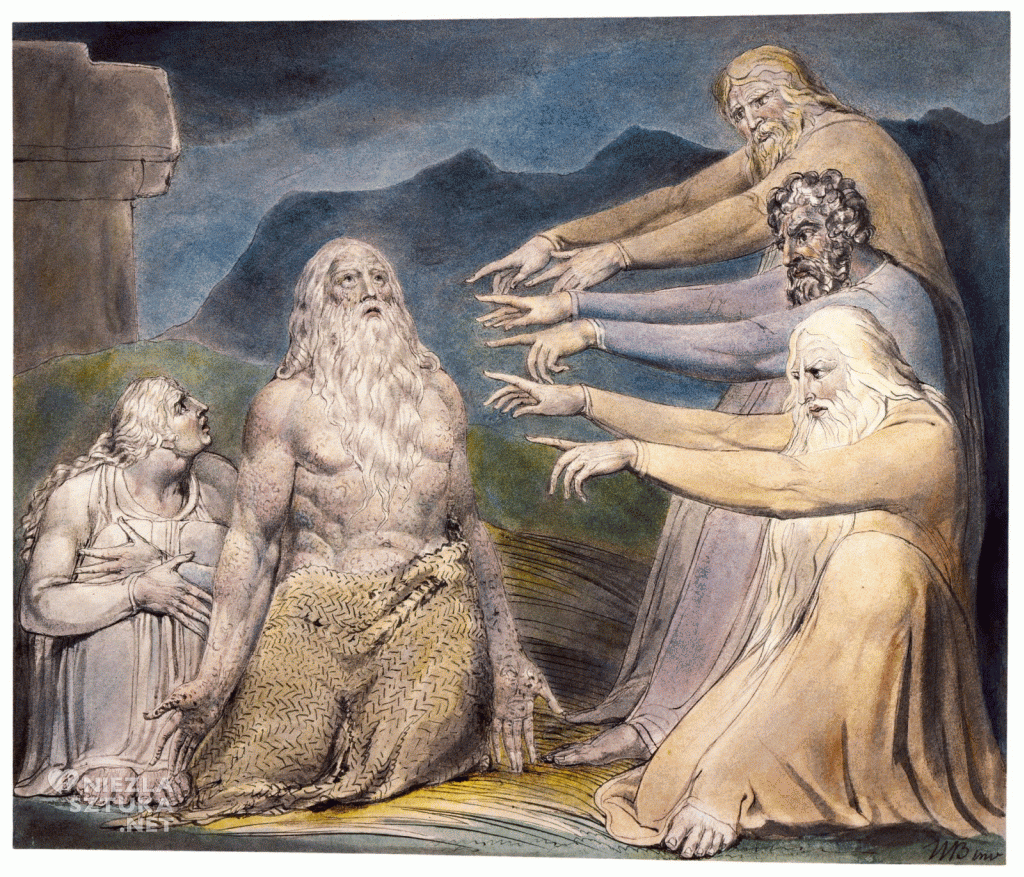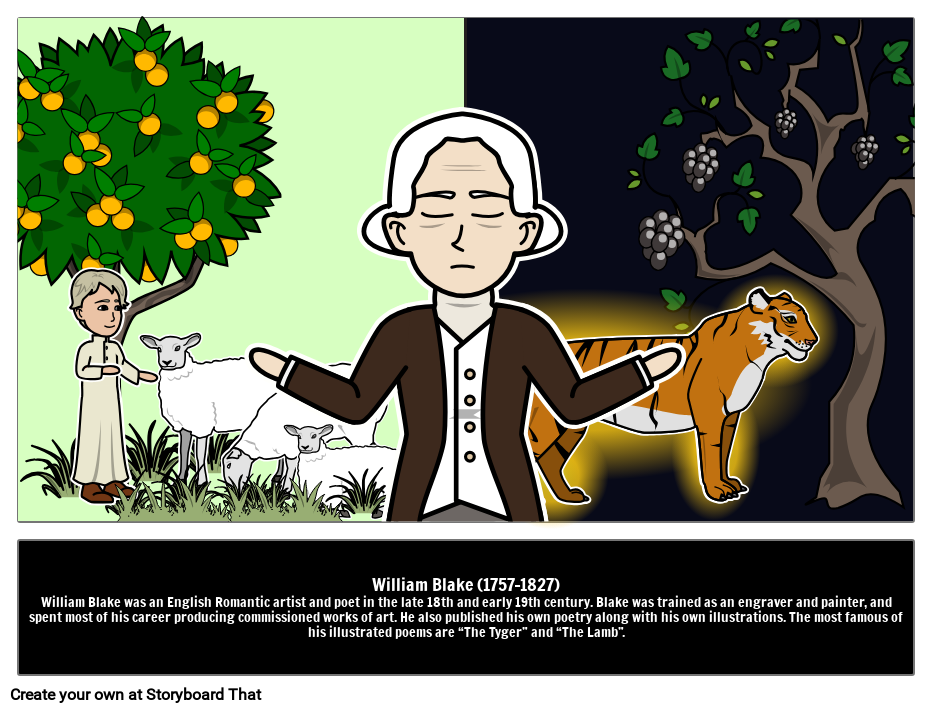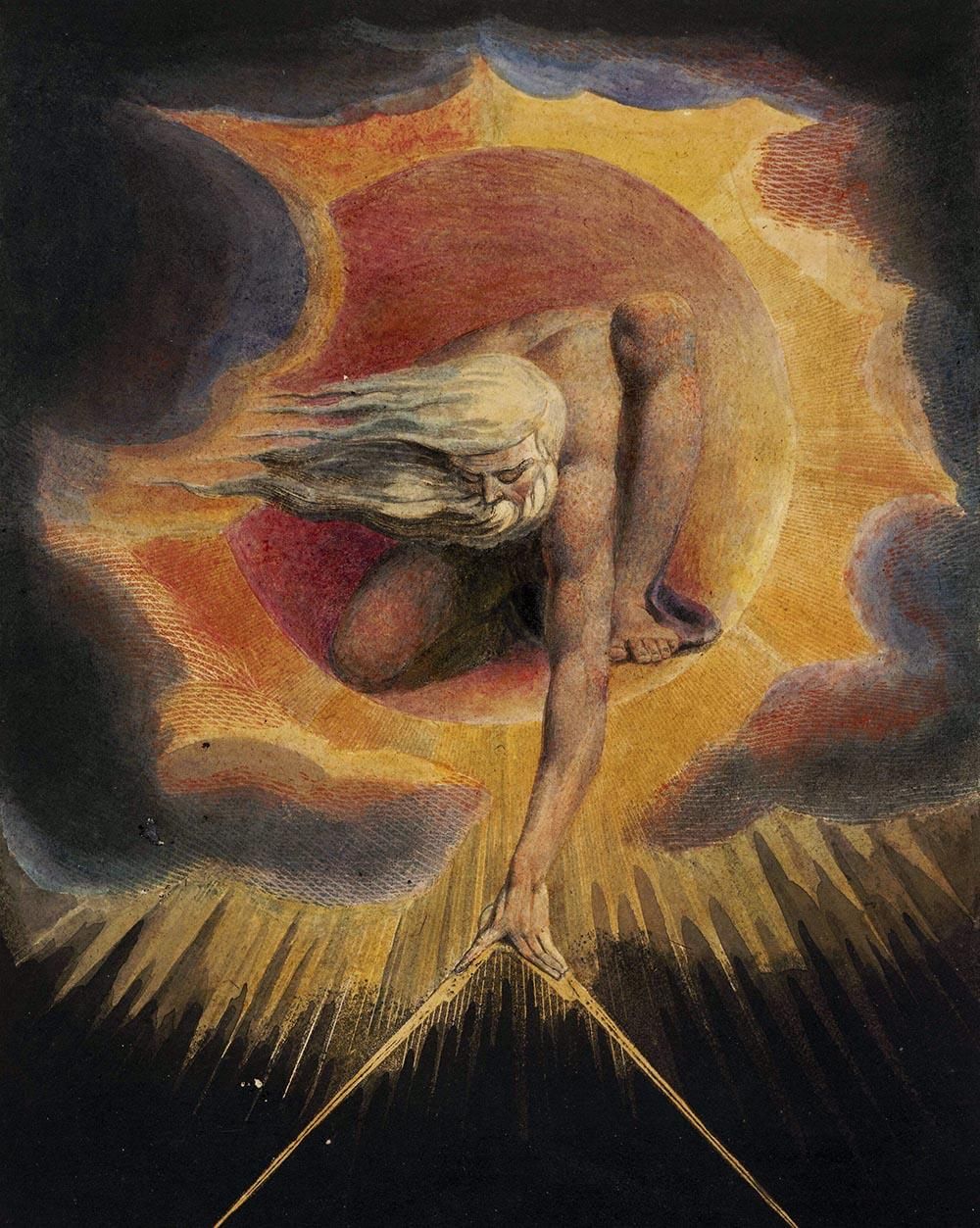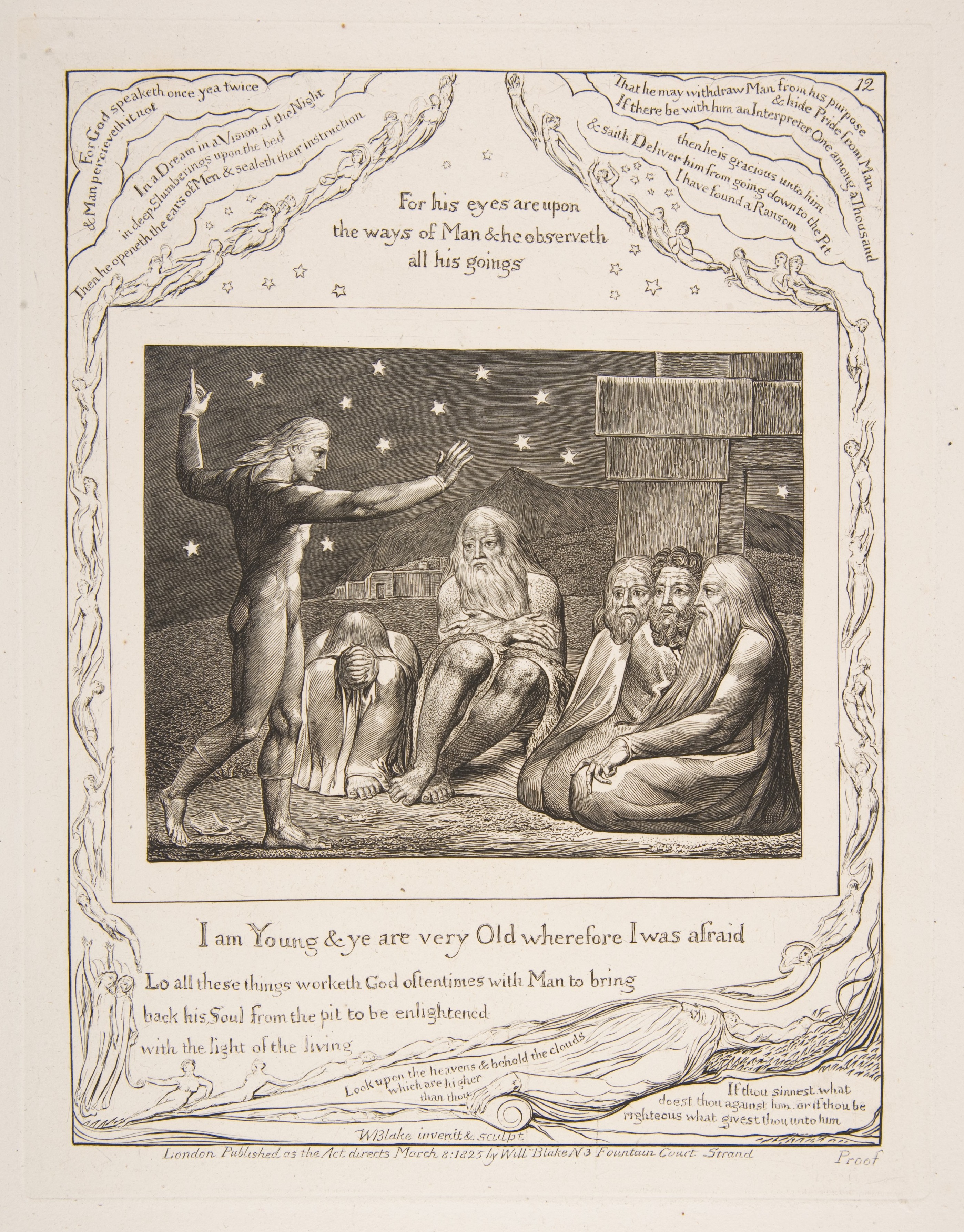
Can Life Have Meaning Without God? Psychology Today
The Romantic painter and poet William Blake created some of the most iconic images in British cultural history - from a strange sidelong portrait of Isaac Newton, bent over naked at the bottom.

Fantastic exhibition! William Blake tate My fiction has been
obraz Williama Blake'a / Z Wikipedii, wolnej encyklopedii. Urizen stwarzający świat lub Stworzenie świata ( ang. The Ancient of Days) - akwaforta kolorowana akwarelą, wykonana przez Williama Blake'a w 1824 roku, o wymiarach 23,3 × 16,8 cm. Obecnie w zbiorach Muzeum Brytyjskiego w Londynie. Artysta oddał nastrój chwili stworzenia.

Pin by Mariola Kazama on Tapety, szablony, Tumblr... Fractal art, Art
But this study develops a reliable and comprehensive framework for understanding these peculiarities. According to the author, Blake's poetry and drawings should compel us to reconsider the history of the 1790s. Tracing the many links among economics, politics, and religion in his work, the author shows how Blake questioned and even subverted.

Artysta, wizjoner i mistyk. William Blake » Niezła sztuka
William Blake (28 November 1757 - 12 August 1827) was an English poet, painter, and printmaker. Largely unrecognised during his life, Blake is now considered a seminal figure in the history of the poetry and visual art of the Romantic Age.What he called his "prophetic works" were said by 20th-century critic Northrop Frye to form "what is in proportion to its merits the least read body of.

don't blink Wszechświat.
William Blake, Stworzenie świata, 1824 Obraz jest symbolicznym przedstawieniem aktu twórczego - Bóg wyznacza cyrklem granice świata. Wieczność Boga podkreślona jest siwizną włosów i brody, Jego doskonałość i siła - harmonią młodzieńczego poleca 85 % Wiedza o kulturze Wielki Czerwony Smok - William Blake

William Blake Great Writers Inspire
A remarkable printmaker, painter, and poet, William Blake (1757-1827) developed a wildly unconventional world view, representing universal forces of creation and destruction — physical, psychological, historical — through his own cast of characters. By combining his poetry and images on the page through radical graphic techniques, Blake created some of the most striking and enduring.

PPT Stworzenie świata i człowieka PowerPoint Presentation, free
William Blake (ur. 28 listopada 1757 w Londynie, zm. 12 sierpnia 1827 tamże) - angielski artysta: poeta, pisarz, rytownik, malarz, drukarz i mistyk, prekursor romantyzmu. Przez współczesnych nazywany często Mad Blake (szalony Blake) [1], zaliczany czasem do grona poetów wyklętych [2] w literaturze angielskiej . Życiorys

William Blake Storyboard by
William Blake, "Bóg stwarzający Wszechświat", 1794, fot. British Museum/wikipedia.org. Filozof w trzech słowach (9) Leszek Kołakowski: Bóg. #filozofia. Autor: Piotr Nowak. Udostępnij: Facebook Twitter. Na początku wyjaśnijmy sobie rzecz podstawową. Nie ma żadnej wątpliwości, że Leszek Kołakowski był największym filozofem.

Filozof w trzech słowach (9) Leszek Kołakowski Bóg Artykuł Culture.pl
Visions of eternity. Visions were commonplaces to Blake, and his life and works were intensely spiritual. His friend the journalist Henry Crabb Robinson wrote that when Blake was four years old he saw God's head appear in a window. While still a child he also saw the Prophet Ezekiel under a tree in the fields and had a vision, according to his first biographer, Alexander Gilchrist (1828-61.

File1795WilliamBlakeNaomientreatingRuthOrpah.jpg Wikimedia Commons
William Blake, overlooked in his time, remains an enigmatic figure to contemporary readers despite his near canonical status. Out of a wounding sense of alienation and dividedness he created a profoundly original symbolic language, in which words and images unite in a unique interpretation of self and society. He was a counterculture prophet whose art still challenges us to think afresh about.
Уильям Блейк, "Великий архитектор" ("Ветхий днями") О чем эта картина
William Blake, Bóg stwarzający wszechświat Ojca Wszechmogącego, Stworzyciela nieba i ziemi W centralnym punkcie obrazu znajduje się postać Boga — starca o atletycznej budowie ciała. Stwórca, trzymając w ręku cyrkiel — narzędzie stworzenia, pochyla się nad swoim dziełem pełen skupienia i zamyślenia.

Leonid Tishkov The Moon of William Blake
William Blake, overlooked in his time, remains an enigmatic figure to contemporary readers despite his near canonical status. Out of a wounding sense of alienation and dividedness he created a profoundly original symbolic language, in which words and images unite in a unique interpretation of self and society. He was a counterculture prophet whose art still challenges us to think afresh about.

Puisi Bahasa Inggris Terkenal Karya William Blake Dan Terjemahannya
Ucz się z Quizlet i zapamiętaj fiszki zawierające takie pojęcia, jak William Blake, Bóg stwarzający wszechświat, William Blake, Newton, William Turner, statek niewolniczy itp.
Los and Enitharmon knew that the Satan is Urizen from Milton a Poem
Bóg stwarzający Wszechświat) lub były pracami autonomicznymi (np. inspirowane freskiem Michała Anioła w Kaplicy Sykstyńskiej Upadek człowieka 1807 i Wizja Sądu Ostatecznego 1808). Czołowe miejsce w twórczości plastycznej Blake'a zajmuje postać ludzka o wyraziście zaznaczonej pozie, geście; towarzyszą jej symboliczne rekwizyty.
galatéerato novembre 2018
Blake William, Bóg stwarzający Wszechświat Internetowa encyklopedia PWN - zawierająca ok. 200 tysięcy artykułów, haseł, ilustracji, kalendariów, tabel ze stale aktualizowanej bazy encyklopedycznej Wydawnictwa Naukowego PWN - to najlepsze źródło rzetelnej i wiarygodnej wiedzy.

William Blake The Wrath of Elihu, from Illustrations of the Book of
Poet, painter, engraver, and visionary William Blake worked to bring about a change both in the social order and in the minds of men. Though in his lifetime his work was largely neglected or dismissed, he is now considered one of the leading lights of English poetry, and his work has only grown in popularity. In his Life of William Blake (1863) Alexander Gilchrist warned his readers that Blake.